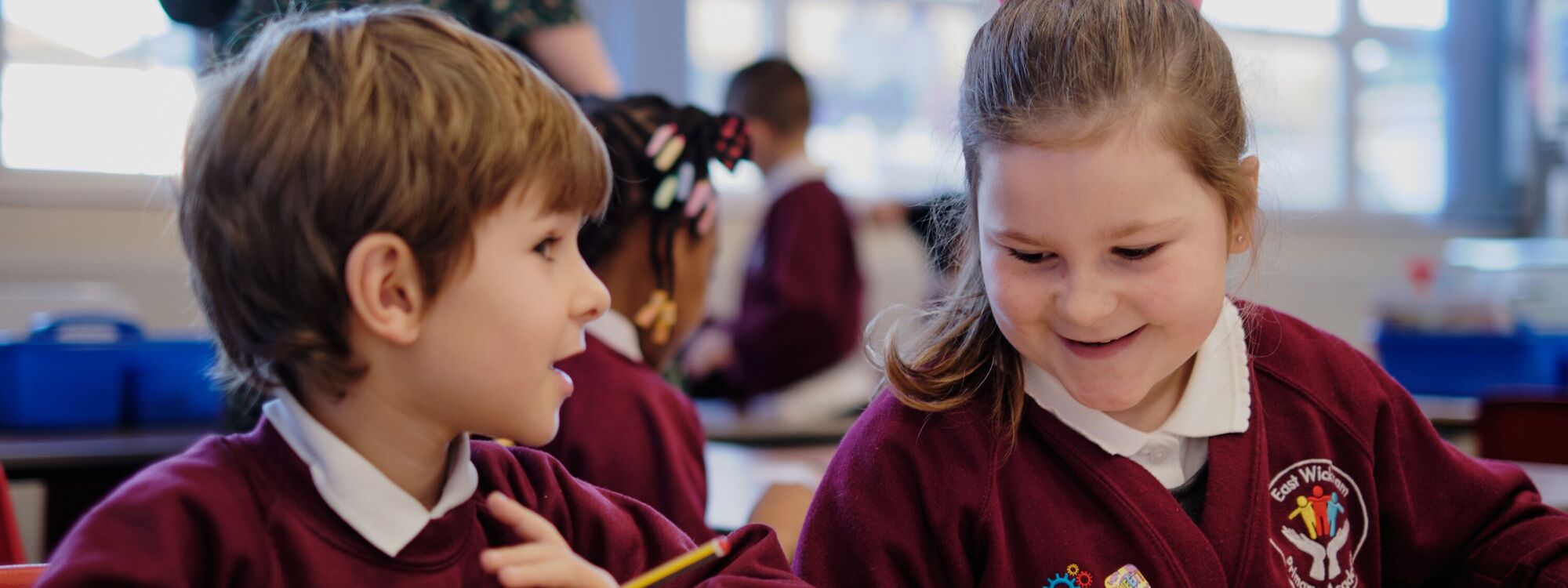PSHE
Intent
We believe that PSHE is integral to our  .
.
We endeavour to promote the importance of having respect for ourselves and those around us. We aim to ensure each child develops a deep understanding of not only themselves, but their peers and other members of our society, as well as how to respond to a wide range of emotions in themselves and others. We are proud to serve families from a wide range of catchments: the school population is comprised of children with a varied range of social and economic backgrounds. With such a broad school demographic, we take pride in our responsibility to promote the values of community, respect and diversity. We strive to prepare our pupils to become positive citizens, with an awareness of British Values (Democracy, Rule of Law, Individual Liberty, Mutual Respect and Tolerance of those of different faith and beliefs) which are taught and celebrated through every aspect of our school culture including our PSHE curriculum, assemblies and whole school theme days.
We understand that without emotional wellbeing, children cannot achieve their academic potential, and therefore place great emphasis on this aspect of children’s development and success in school, seizing every opportunity to support our children’s mental and physical health. Through our focus on resilience and growth-mindset, we encourage children to challenge themselves in the face of adversity, pushing themselves to achieve the very best in all aspects of the curriculum. Our robust PSHE curriculum aims to equip children with the knowledge, skills and understanding necessary to lead safe, confident, healthy, and independent lives now and in the future.
How PSHE is taught at EWPA
We use the Jigsaw PSHE programme. The rationale and philosophy underpinning Jigsaw resources is a mindfulness philosophy and practice.
Each lesson has 6 parts where children:
- Improve their social skills to better enable collaborative learning (Connect us)
- Relax their bodies and calm their minds to prepare them for learning (Calm me)
- Help the brain to focus on specific learning intentions (Open my mind)
- Initiate new learning (Tell me or show me)
- Facilitate learning activities to reinforce the new learning (Let me learn)
- Support them in reflecting on their learning and personal development (Help me reflect)
